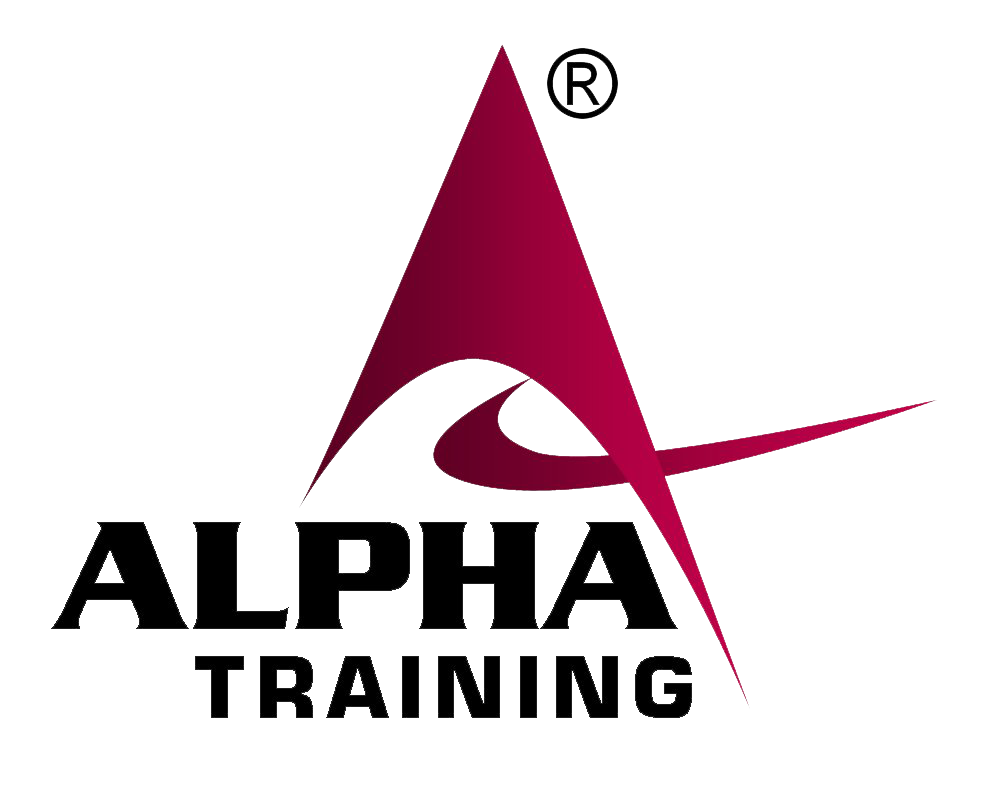Research Based Solution to Analyse and Improve Your Organizational Performance
OPAM is an organizational performance assessment system designed to measure and profile organizational capacities and consensus levels in nine critical areas. OPAM is based on state-of-the-art methods that energise and transform individual, team, and organizational performance.
As an organizational development process, OPAM is used to improve performance by bringing staff together in cross-functional, cross-hierarchical groups for open exchange; to identify divergent viewpoints to foster growth; to create consensus around future organizational performance development activities; and, to select, implement and track organizational change and development strategies.
Advanced Proprietary Human Performance Technology (HPT) Model
OPAM advances HPT activities beyond the discovery of where to look for performance problems and into the activities of how to analyse performance problems.
The nine key success areas examined in OPAM’s performance model make it one of the most in-depth and comprehensive studies of an organization available today.
Information is collected, analysed and evaluated in the following areas:
- Mission, Values & Policies
- Management & Leadership
- Incentives & Rewards
- Information & Feedback
- Tools, Materials & Equipment
- Work Environment
- Employees’ Skills & Knowledge
- Employees’ Abilities & Aptitude
- Employees’ Engagement
OPAM FIVE STEPS PROCESS
There are five distinct phases to the OPAM Model:
- Performance Analysis
- Cause Analysis
- Intervention Selection, Design and Development
- Intervention, Implementation and Change Management
- Evaluation and Continuous Improvement.
PARTICIPATORY ASSESSMENT METHOD (PAM)
Organization Assessment is “… the process for obtaining systematic information about the performance of an organization and the factors that affect performance in order to diagnose areas of possible investments for change and/or to demonstrate competence.”
OPAM analysis is based on Participatory Assessment Method (PAM) to produce the most objective and accurate results.
TWO KINDS OF PERFORMANCE MEASURES
The Participatory Assessment Method produces two kinds of measures, a performance score, which indicates how an organization perceives its strengths and weaknesses with respect to the performance areas, and a consensus score, which indicates the degree to which assessment team members agree on their assessment of organizational performance.
Based on the best assessment methodology and the most advanced human performance technology OPAM goes beyond the diagnostic activities of determining where to look for performance problems.
OPAM combines an advanced proprietary human performance technology (HPT) model and Participatory Assessment Method (PAM) to produce the most objective and accurate results.


